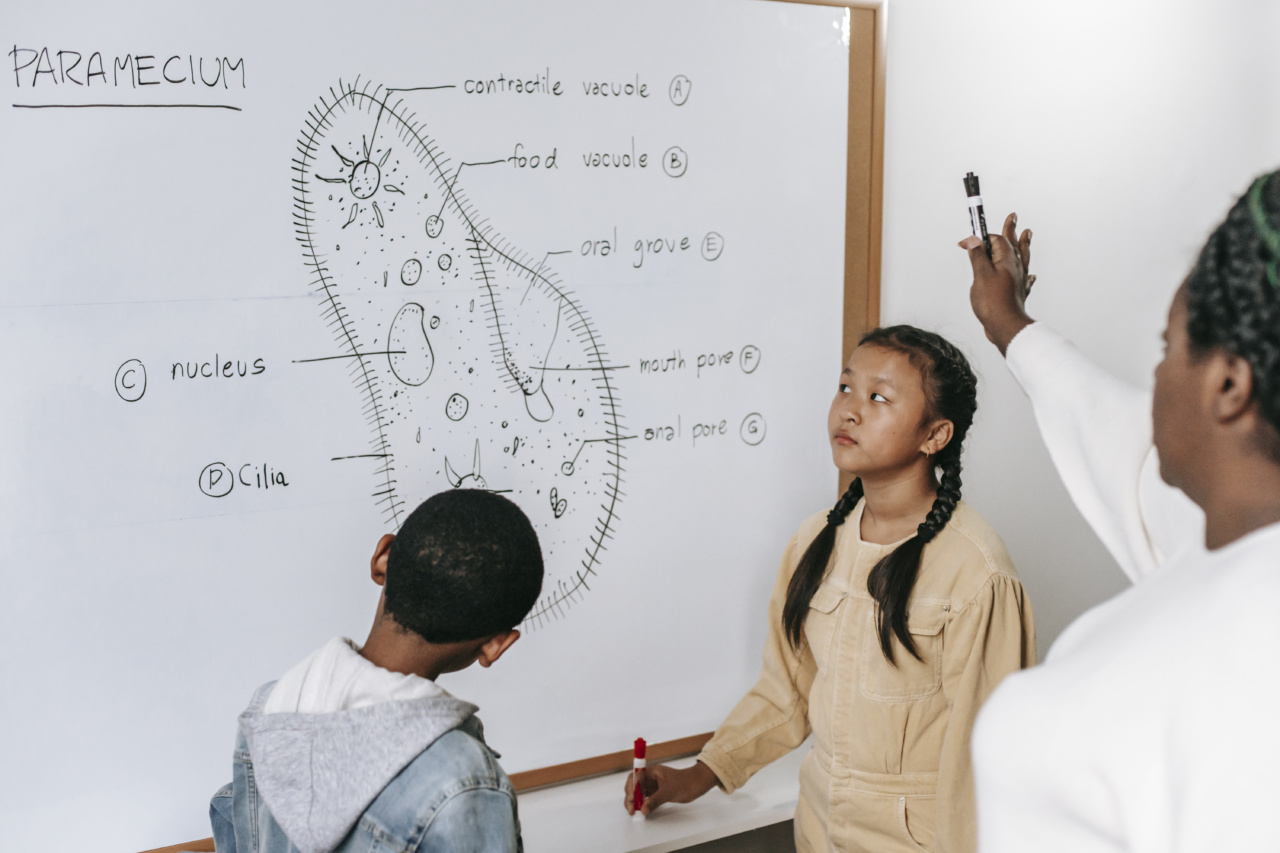Sharing is one of the most important aspects of child development. It involves giving, cooperating, empathy, and altruism, which are vital for the growth and well-being of children.
Sharing skills allow children to form stronger relationships with peers, build trust, develop an understanding of social norms, and improve communication skills. Here are ten reasons why sharing is vital in child development:.
1. Promotes Emotional Development
Sharing promotes emotional development in children. When a child shares, they are learning to recognize and respond to the feelings of others. It helps them develop empathy, which is a crucial element of emotional intelligence.
Children who learn to share are more likely to be empathetic and compassionate towards others.
2. Encourages Social Interaction
Sharing encourages social interaction between children. It allows them to work together and engage in group play, which is essential for social development.
Children learn social skills, such as communication, cooperation, and negotiation, when they share with others. It helps them build relationships with their peers, which can lead to lifelong friendships.
3. Develops Cooperation and Teamwork
Sharing teaches children to cooperate and work together as a team. Children learn to take turns, compromise, and negotiate when they share with others.
These skills are essential for teamwork and can help children succeed in group settings like school projects, team sports, and community activities.
4. Improves Communication Skills
Sharing also improves communication skills in children. When children share with others, they are learning to express their needs and wants effectively. They learn to listen actively, follow instructions, and express themselves clearly.
These skills will benefit them in the future, as effective communication is critical for success in life.
5. Builds Trust and Confidence
Sharing can build trust and confidence in children. When children share with others, they develop a sense of trust and security in their relationships.
It helps them feel valued and respected by their peers, which can boost their self-esteem and confidence. Children who have confidence in themselves are more likely to succeed in life.
6. Teaches Patience and Delayed Gratification
Sharing also teaches children patience and delayed gratification. Children learn that they cannot have everything they want immediately and that they need to wait their turn.
It helps them develop self-control and discipline, which are important life skills. Children who learn patience and delayed gratification are less impulsive, more disciplined, and better at setting goals.
7. Develops Altruism
Sharing also develops altruism in children. Altruism is the act of selflessly helping others, even when it does not benefit oneself. When children share, they are practicing altruism and putting the needs of others before their own.
Children who practice altruism are more likely to develop a sense of purpose and meaning in life and are more likely to help others when they grow up.
8. Teaches Responsibility
Sharing can also teach children responsibility. When children share toys or other items with others, they are learning to take responsibility for those items. They learn to care for their belongings and to respect the belongings of others.
Children who learn to be responsible are more likely to be successful in life and to lead fulfilling lives.
9. Reinforces Social Norms
Sharing reinforces social norms in children. Children learn that sharing is expected in society and that not sharing is not acceptable. It helps them develop an understanding of social norms and expectations, which is essential for functioning in society.
Children who learn social norms are more likely to be successful and to lead happy lives.
10. Enhances Cognitive Development
Sharing can also enhance cognitive development in children. When children share, they are learning to think critically and solve problems. They must decide when and what to share, how to share, and with whom to share.
These skills help children develop cognitive skills, such as decision-making, problem-solving, and critical thinking. Children who develop these skills are more likely to succeed academically and professionally.
Conclusion
Sharing is an essential aspect of child development. It promotes emotional, social, and cognitive development and helps children become empathetic, compassionate, and responsible adults.
By teaching children the value of sharing, we are helping them become successful and happy individuals who can contribute positively to society.






























